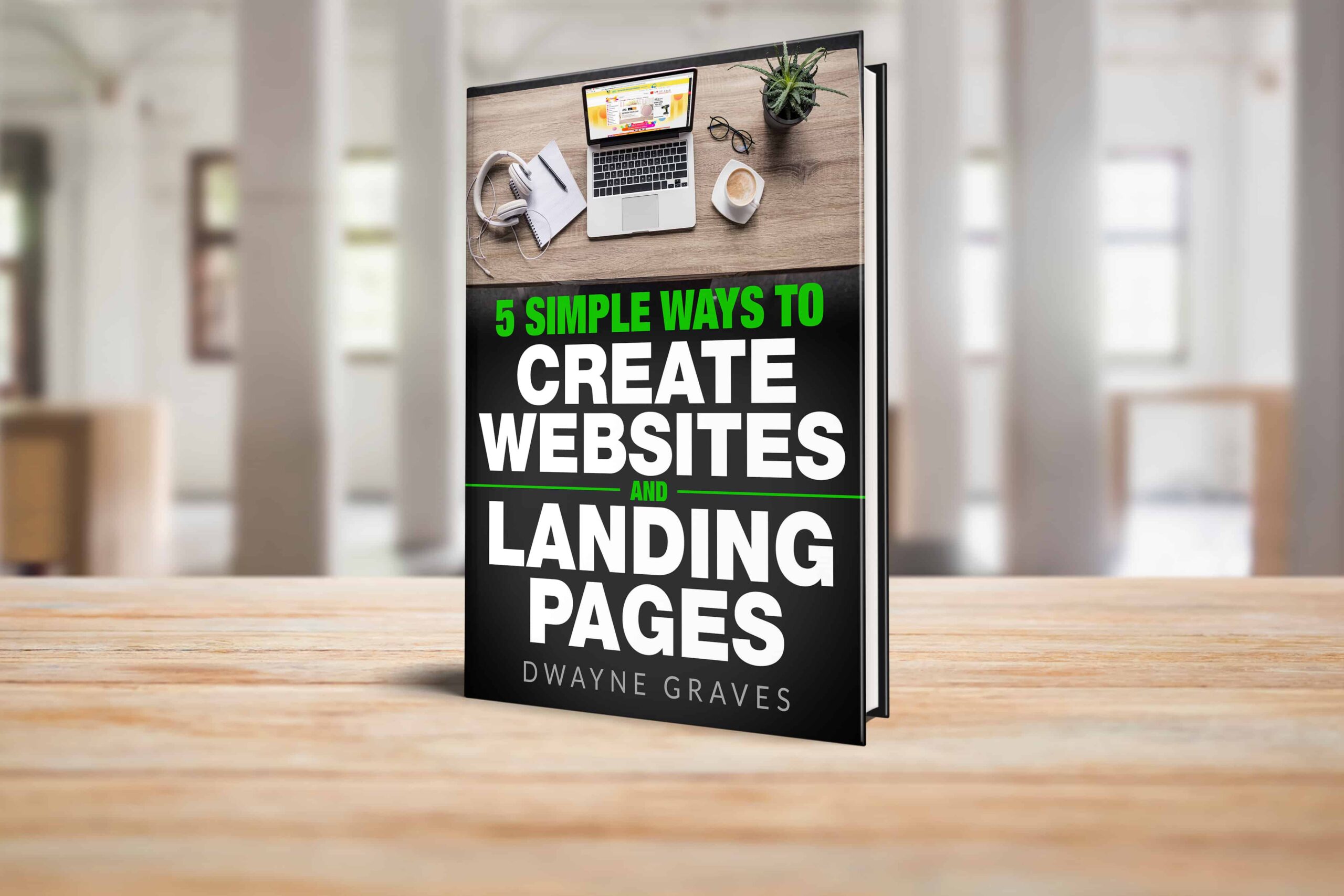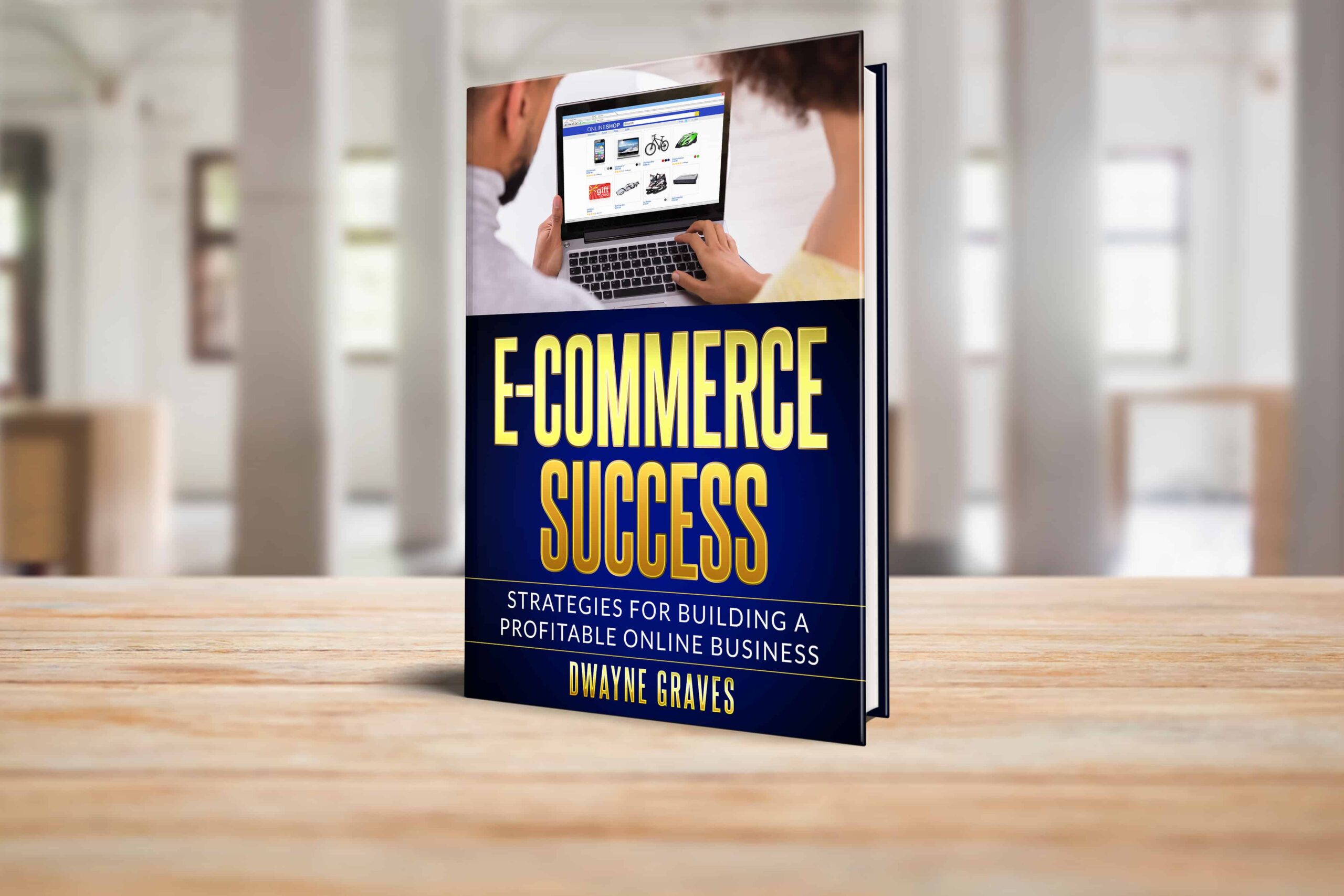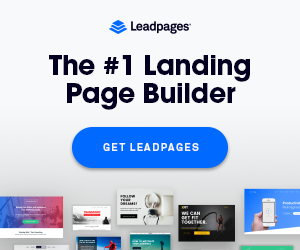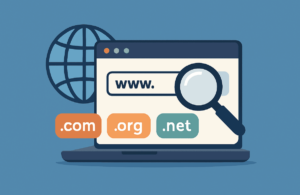It’s easy to get confused if you have options like Leadpages and ClickFunnels. We get it—you don’t want to make the wrong decision.
Both are great, but they serve different needs. Your decision hinges on your goals, required features, and budget.
Do you need an entire marketing funnel or just a single landing page? What features and integrations do you need? How much are you willing to spend?

Download Your Free e-Book
5 Simple Ways to Create Website & Landing Pages
Affiliate Disclaimer: I earn commission (get paid) if you click on the links and purchase a product below. My earnings do not impact the price you pay.
We’ll explore both options to help you decide what’s right for your business. Let’s dive in and see which one fits your needs best.

Overview of Leadpages and ClickFunnels
Leadpages:
Leadpages is famous for its simplicity in building landing pages quickly and easily. It’s optimized for lead generation.

So, it’s perfect for those who need to capture emails and drive sign-ups. You get templates that are easy to customize. No tech skills required.
ClickFunnels:
ClickFunnels, on the other hand, offers a more comprehensive approach. This tool allows you to Here, you can create full sales funnels with upsells, down sells, and automation.

Think of it as an all-in-one platform for your marketing needs. From the first touchpoint to the final sale, ClickFunnels has you covered.
Verdict:
Both tools are powerful, but it all depends on your goals. Leadpages shine for high-converting landing pages. ClickFunnels excels for full-fledged sales funnels with multiple stages.
Ease Of Use
Leadpages:
Leadpages is simple and user-friendly. The dashboard is clean and easy to navigate. Key features are in the left sidebar.

Finding templates is straightforward. Click “Create New Landing Page” and pick from organized options.
ClickFunnels:
ClickFunnels is powerful but complex. The dashboard can seem cluttered with tutorials and promotions.

Templates aren’t immediately visible. You need to go through “Add an App” to access them. Templates are categorized by funnel types, which may confuse beginners.

Verdict:
New to building landing pages? Go with Leadpages for ease and speed. Already familiar with funnels and looking for more robust tools? Choose ClickFunnels for a deeper experience.
Features and Functionality
Leadpages:
Leadpages focuses on conversion-optimized landing pages with features like Leadmeter, alert bar, and exit intent pop-ups. It quickly generates leads but lacks built-in email marketing.
You need an external tool to nurture captured leads. It also lacks CRM capabilities. While it allows funnel building, you’ve to manually connect each page.
ClickFunnels:
ClickFunnels goes beyond landing pages. It includes email marketing, funnel building, and CRM tools all in one place. You can automate lead nurturing without third-party apps.
Great for businesses selling products, it adds upsells, downsells, and order bumps seamlessly to drive conversions.
Sales funnels guide leads to purchase, with features like automated follow-ups and SMS messaging keeping prospects engaged.
Verdict:
Both platforms offer A/B testing, though ClickFunnels includes it in all plans, while Leadpages reserves it for higher-tier users.
If you’re looking for a simple lead generator, Leadpages works. But for a complete sales solution, ClickFunnels stands out.
Pricing Comparison
Leadpages:
Leadpages is the more affordable option, with basic and pro pricing tiers. The Standard plan costs about $49 per month.
You’ll get access to landing pages, pop-ups, and basic integrations. The Pro plan, at $99 per month, includes features like A/B testing and online payments.
ClickFunnels:
ClickFunnels starts at $147 per month with its Basic plan. The Pro plan costs $197 per month. It includes advanced features like sales funnels, email marketing, and CRM tools.
Verdict:
For lower price and simplicity, Leadpages fits smaller businesses. If you need more automation and funnel features, ClickFunnels is worth the higher cost.
Integrations and Compatibility
Leadpages:
Leadpages integrates seamlessly with email marketing platforms like MailChimp, AWeber, and ConvertKit. It also works well with CRM tools such as HubSpot and Salesforce.

For e-commerce, you can connect Leadpages with Stripe or PayPal to collect payments. If you use Zapier, you can connect Leadpages to thousands of other apps for additional functionality.
ClickFunnels:
ClickFunnels excels in integrations. It connects with email platforms like MailChimp and payment gateways such as Stripe, PayPal, and Apple Pay.

It also integrates with autoresponders like ActiveCampaign and membership tools like Kajabi. For complex funnels and subscription management, it also supports Shopify and ShipStation.
Verdict:
ClickFunnels has the upper hand for compatibility with payment systems or sales integrations. If you’re looking to collect leads and nurture them with email, Leadpages is the go-to option.
Conversion and Optimization Tools
Leadpages:
With Leadpages you get A/B testing for landing pages to see what resonates best with your audience. It also provides mobile-friendly templates, so your pages look great on any device.
Lead generation is a strong point, with features like alert bars and exit intent pop-ups to capture leads before they leave your site.
ClickFunnels:
ClickFunnels, however, takes things further. It includes built-in sales funnels with upsells, downsells, and order bumps.
These features guide customers through a series of offers to increase sales value. Its funnel system is fully automated. You can turn leads into paying customers with minimal effort.
Verdict:
Both help convert leads into sales, but scope differs. Leadpage focuses on landing pages and leads. ClickFunnels provides a full sales funnel with advanced tools to maximize sales potential.
Which One Should You Choose?
So, which is better, Leadpages or ClickFunnels? It depends on what you need. Let’s help you narrow down the choices.
Choose Leadpages if:
- You’re a small business owner needing landing pages or a website.
- You want to collect leads easily.
- You prefer no extra charges for visitors or leads.
- You lack design skills but want professional-looking pages.
- You want to add pop-ups or opt-in forms to your existing pages.
- You value a supportive team.
Discover More About Leadpages
- Landing page design – This article guides you in designing a landing page.
- Do I need a website for a landing page? – We answer this question in this article.
- DIY Web Design Handbook – Use this design guide to create your own websites and landing pages.
- 50+ Best Landing Pages – Get this lookbook with real world examples to inspire you and ignite your creativity.
- Leadpages quick tour and demo – See how easy it is to create landing pages here.
- Leadpages blog – Find more articles about landing pages here.
Choose ClickFunnels if:
- You’re a marketer wanting to create visual funnels.
- You need pre-built sales or webinar templates.
- You want to offer gated, membership-only content.
- You aim to create high-converting pages or funnels.
- You plan to set up an affiliate program.
- You want access to a community of funnel designers.
Discover More About ClickFunnel
- DotCom Secrets – This book reveals how to grow an online business with sales funnels. Newly rewritten with 60K words of new content. For more information, check out the article on the DotCom Secrets book.
- Expert Secrets – This book reveals how to convert your online visitors into life-long customers. New 2nd edition with 50K words of new content.
- Traffic Secrets – Learn the 20+ virtually unknown traffic secrets to fill your blog, website, or funnels with dream customers.
- 30 Day Summit – 30 speakers answer exactly what they would do (step-by-step) if they had to start over from scratch.
Conclusion
To wrap up, both Leadpages and ClickFunnels have unique strengths.
Leadpages excels at building landing pages and generating leads at an affordable price. It is ideal for small businesses and entrepreneurs who want ease of use.
ClickFunnels offers a more comprehensive solution for marketers. It is perfect for those needing sales funnels and advanced features.
Your choice depends on your specific needs, budget, and business size. Evaluate what features matter most to you. Both tools can help you achieve your marketing goals.






